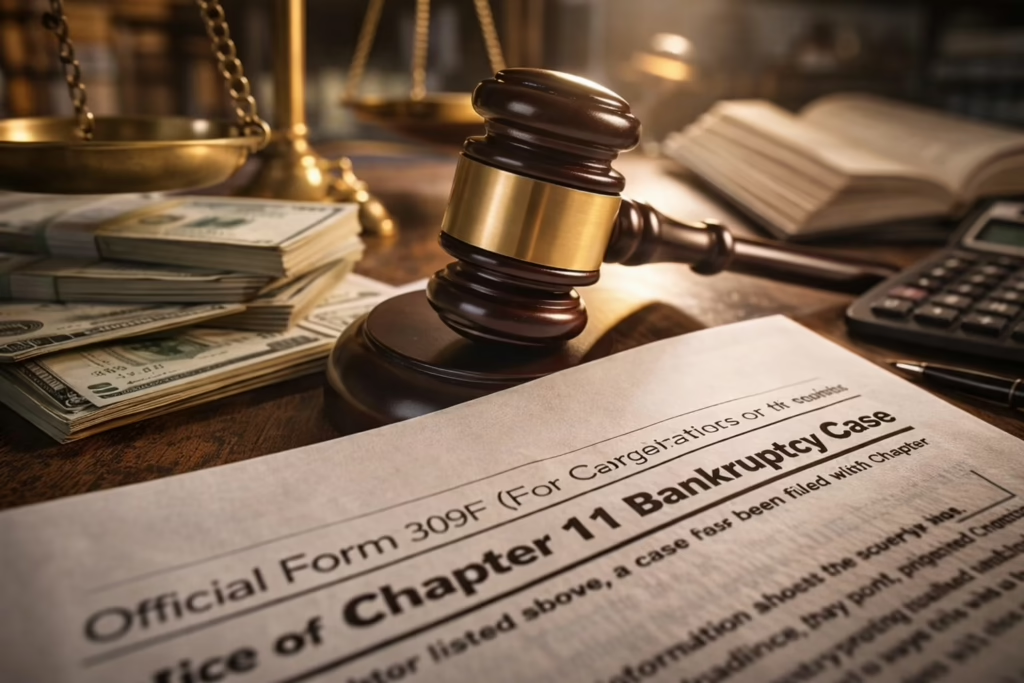When a debtor files for bankruptcy, chances are most or all debts will be discharged (no longer due by the debtor). The creditor has no further rights with regard to the discharged debt.
In some instances, the debtor may choose to repay a discharged debt. A common reason is to be able to continue to do business with the creditor.
If the debtor and creditor both want to make the obligation binding, they can enter into a reaffirmation. This creates a new agreement which is not bound by the prior bankruptcy discharge of that debt.
Commercial Collection Topics
- Five C’s of Business Credit The five major components potential creditors review before extending credit....
- Accounting Tactics to Increase Short-Term Earnings Describes what can be done with accounting tactics to boost short-term earnings. Uses Enron as an example of a worst...
- Fair and Accurate Credit Transaction Act (FACTA) Defines what the Fair and Accurate Credit Transaction Act (FACTA) is and how it protects....
- Why Choosing the Right Collection Agency is Important A collection agency can help you recoup any payments that were not paid to your company, but finding the right...














